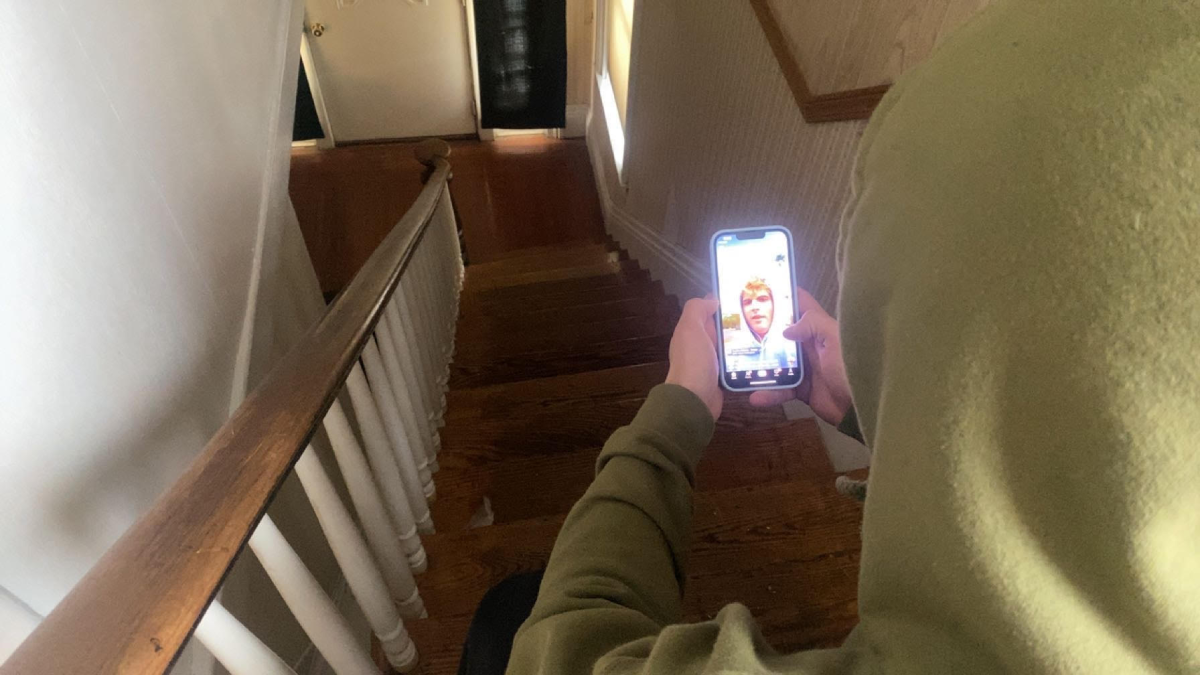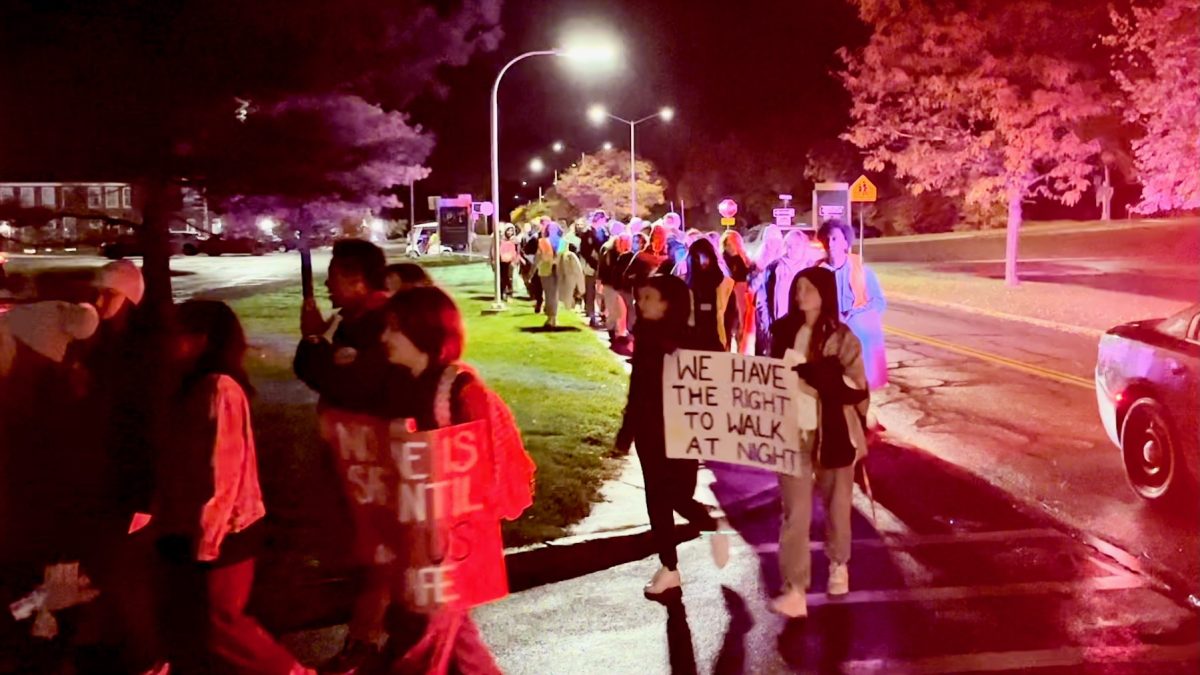By Kristen Beard

For many people, the transition from high school to college can be life-changing. It brings about a whole list of new overwhelming responsibilities. Navigating these newfound responsibilities can cause an array of issues when it comes to a student’s mental health.
Help is available
Darlene Schmitt is a mental health counselor at Hazen Health Center at SUNY Brockport, who finds that a lot of incoming students come to their office for various reasons.
“Some [first-year students] come in just one time because they don’t like their roommate. Then you’re going to see a lot of them come in because college is so much harder, they don’t have friends, or they don’t know what they’re doing. Then a small number maybe come in with complex mental issues that require ongoing support here [Brockport],” Schmitt said.
Though it is expected that many incoming students may have worries, members at Hazen stay vigilant and prepared. They even take time before the semester begins to ensure incoming students are comfortable and aware of their resources.
“At orientation, we have time with the students in various ways. We talk to parents a lot, but we do interact with students to let them know about the services we offer. We try to help them understand that it is a transition and change is hard. We try to normalize that,’’ Schmitt said.
Addressing that difficult transition may provide relief for some. However, for students who come in with pre-existing diagnoses that feeling of relief may take a little while longer.
Gwynnie Kwasknik’s first-year journey
Take 18-year-old Gwynnie Kwasnik for example. Kwasnik was diagnosed with both Post Traumatic Stress Disorder and Bipolar Disorder in her junior year of high school.

“When I first got diagnosed, I was nervous, but also relieved. The diagnosis came before college. I could not imagine trying to get a mental health diagnosis while being in college,” Kwasnik said.
Despite new mental hardships Kwasnik still found herself wanting to move away for college.
“Honestly, I was excited to move far away. I wanted to be far away. I was an exchange student my sophomore year so I knew I could do it,” Kwasnik said.
Just as she expected, Kwasnik did find the beginning of freshmen year to be exciting. She lived in a SUNY Brockport Living Learning Community and joined the club ice hockey team. These activities provided her with an assortment of different friends and newfound comfort within her environment.
“I am a very social person despite everything. Putting myself out there is not very hard for me. Plus in the beginning, everyone is just trying to make friends.” Kwasnik said.
Unfortunately, that good spirit and optimism would soon be crushed by the hardships of the college experience.
“Towards the end of the first and beginning of my second semester, I was not doing good mentally. I really struggled. I started to have a really bad experience with certain people on my team. Navigating through those very toxic friendships was challenging for my mental health. The actual school side started to throw me for a loop as well. It was extremely different from the way I learned in high school,” Kwasnik said.
Dealing with the toxic friends and school stress caused Kwasnik to self-isolate. She would often go days without really interacting with anyone. She began to skip all her classes and eventually opted to take an academic leave.
“My second semester at the very end I was just like I really cannot be here right now. Just having to see those people all over the place all the time was very triggering. I just needed to leave,” Kwasnik said.
Despite the triggering situations, Kwasnik returned to campus for the fall semester and is still here at SUNY Brockport today. She found that things like medication, therapy, and good friends inspired her to return.
Solutions to mental health issues
Though Kwasnik never reached out to Hazen for counseling, counselors are aware that students may come in with preexisting diagnoses.
“It is just like physical health. If your immune system is stressed, you are more likely to get sick when you come to college. Same with your mental health. If you are stressed and coming to college is stressful. It’s either going to exacerbate your existing mental health conditions, or bring on a shorter-term struggle,” Schmitt said.
Regarding various mental health situations, Hazen provides a list of different forms of care like telehealth counseling, psychiatric help, and group counseling. In addition to this, they try to work on outreach. Not every student is going to be aware of the things Hazen may offer.
Though the transition from high school to college may be difficult, Hazen Health Center tries to help ease the stress.





























